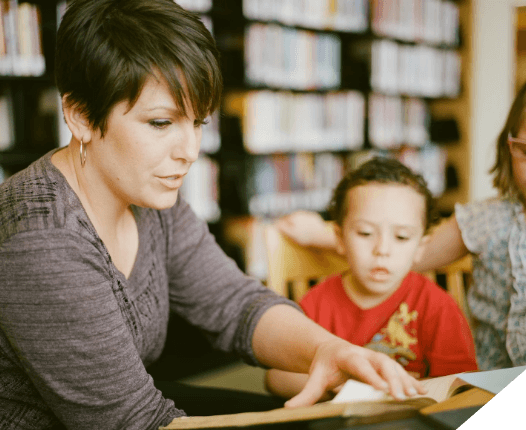
We learn and develop as a result of the people and environment around us. Necessary for this learning and development is a skill called executive function. Children are not born with these skills, but research shows that every child has the potential to learn them. (Neuropsychology & Education Services for Children and Adolescents. Functioning? How do I help my child develop these important skills? Part 1, 2/25/19). With traditional education, not much is left for the child to plan or organize, because the teacher has a seating chart of where they are to sit and what subject they should be working on. The class bell tells them when it’s time to change classes, go to lunch or when their day is over.
Activist, author, humorist, and scientist, Benjamin Franklin, said “for every minute spent in organizing, an hour is earned.” Hill Learning Center defines the 7 executive functioning skills your child should have are:
Goal cards are visual reminders for work students have completed and work they have yet to complete.
Working in their individual space helps children stay focused on their work and keeps them from being easily distracted by others around them.
Our curriculum is based on mastery of subject content. Students don’t move on to a new skill or standard until they have mastered the current one. Mastery-based grading will help prevent the “minimum grade” mindset that often keeps students from developing a true understanding of the material.
Students participate in independent work time daily. This helps them learn to organize their goals and schedules, and to prioritize tasks so they meet their deadlines.
Students learn to keep track of their materials in a neatly arranged, orderly fashion.
